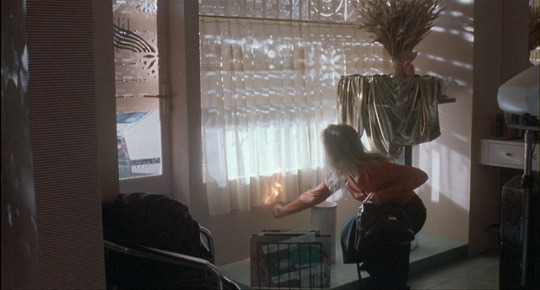#Edward Klosinski
Text
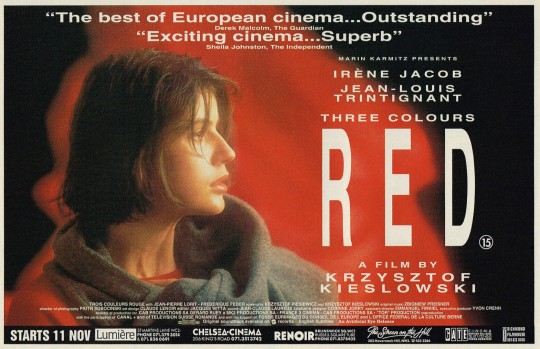
#Three Colours Red#Trois couleurs Rouge#Irène Jacob#Krzysztof Kieslowski#Krzysztof Piesiewicz#Agnieszka Holland#Edward Zebrowski#Edward Klosinski#90s
36 notes
·
View notes
Photo
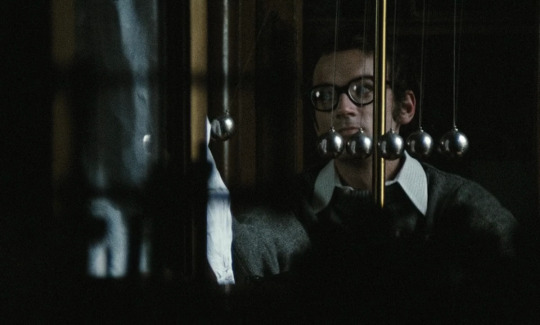
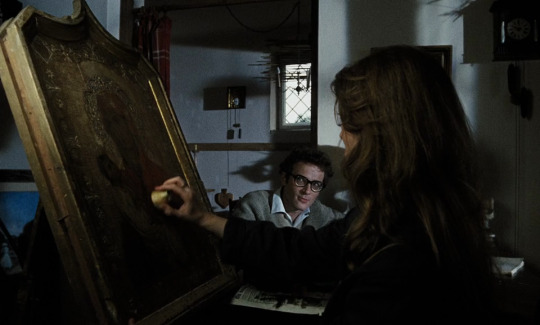
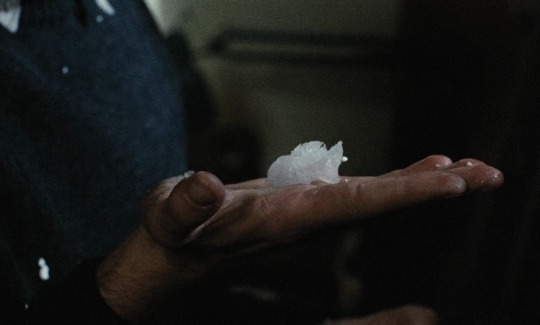

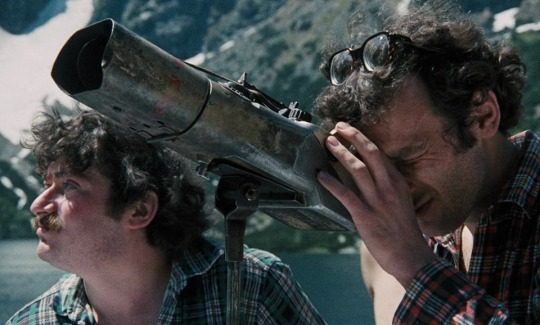
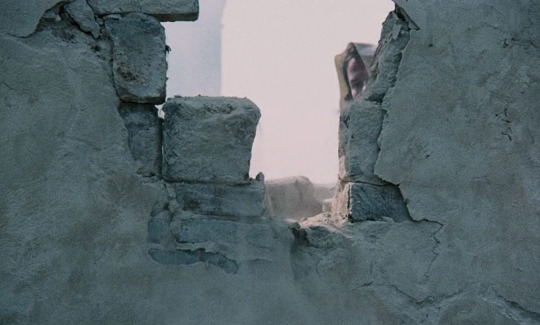
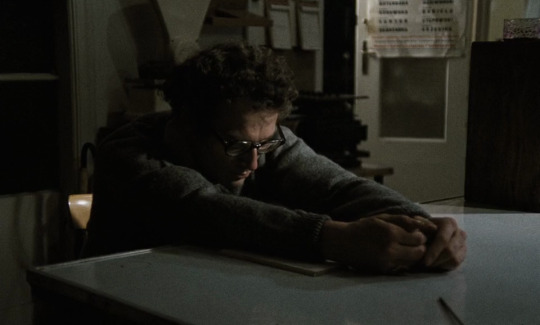
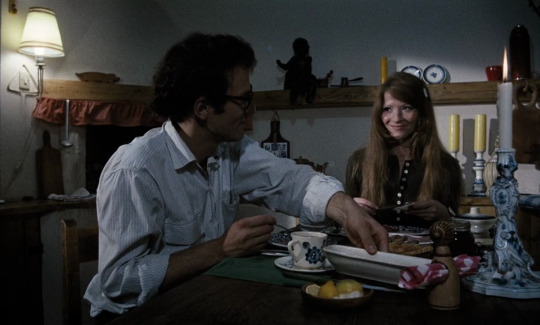
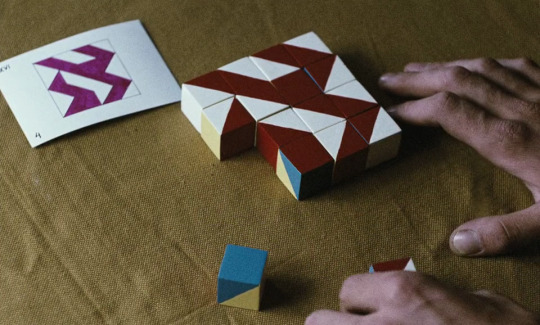
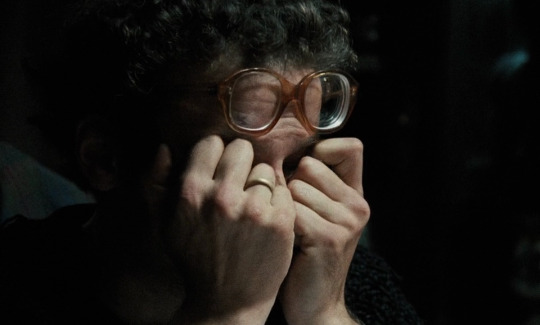
Iluminacja (Krzysztof Zanussi, 1973)
#Iluminacja#Krzysztof Zanussi#Zanussi#siete#Stanislaw Latallo#Malgorzata Pritulak#Edward Klosinski#Illumination#hands#drama#science#facepalm#smoke#glasses#telescope#1973#puzzle#painting#paintings#study
146 notes
·
View notes
Photo
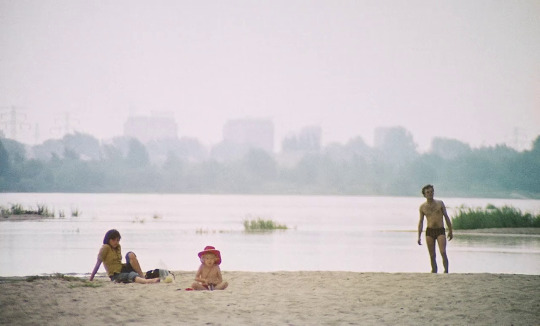

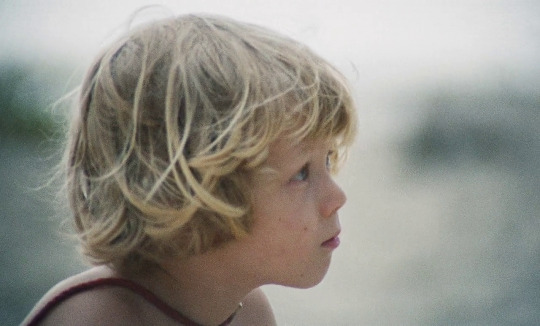
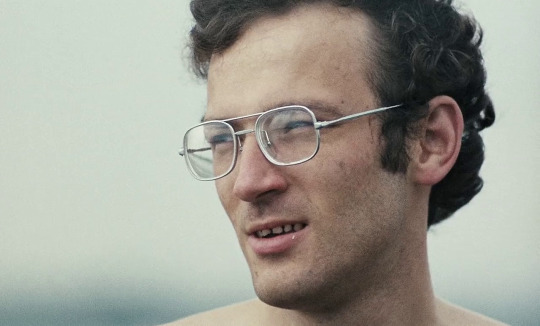
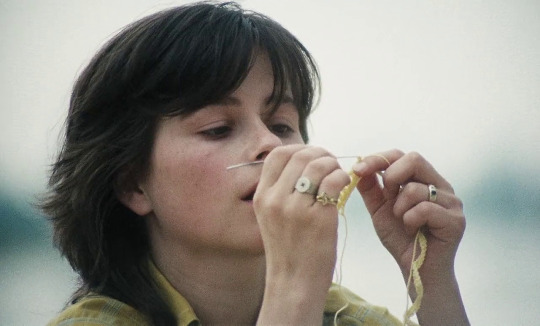

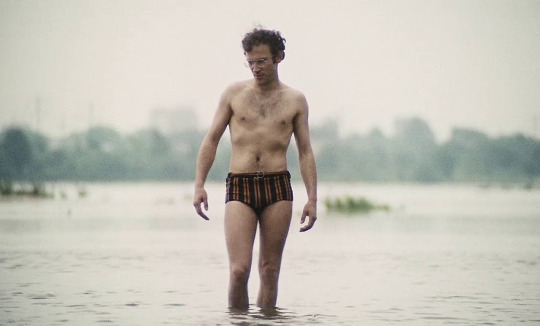

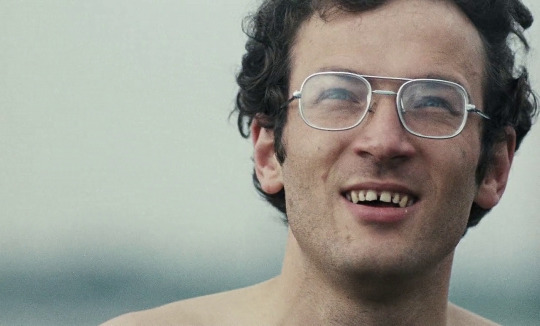
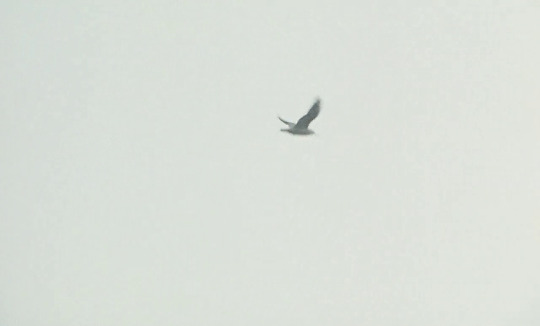
The Illumination (Krzysztof Zanussi, 1973).
#the illumination#iluminacja#krzysztof zanussi#stanislaw latallo#edward klosinski#urszula sliwinska#stefan maciag#anna b. sheppard
26 notes
·
View notes
Photo
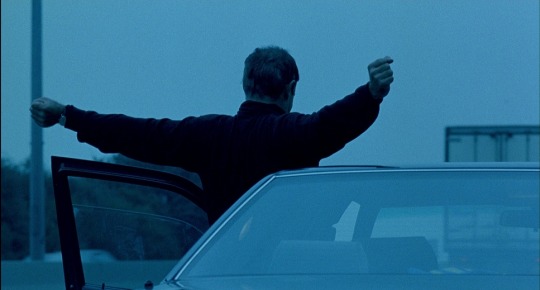

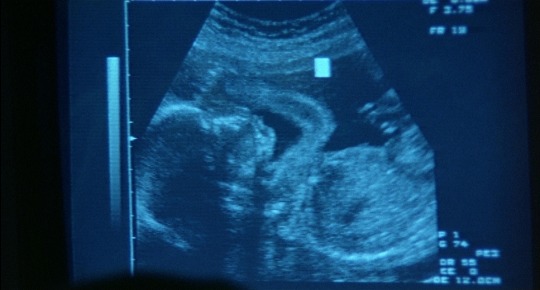






Cinematography in film- Three colours trilogy
Dir- Krzysztof Kieslowski, DOPs- Slawomir Idziak, Edward Klosinski, Piotr Sobocinski, 1993, 1994, 1994
The three colours trilogy is truly a remarkable set of films, Kieslowski’s vision setting out the colours of the french flag and trying to incorporate the meaning of the colours of the french flag into these films works beautifully, whilst I have a preference as which film I prefer, all of them have these beautifully crafted images where the dominant colour is used and whilst it may feel obvious looking at still images, it doesn’t feel forced in any of them they are all naturalistic. The one word to describe the films cinematography would be melancholic they allow a viewer to sit and feel the story being told each one feels apart of its own universe being shot by different DOPs but yet part of the same universe.
0 notes
Photo

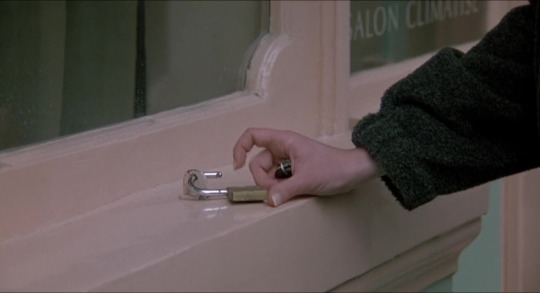

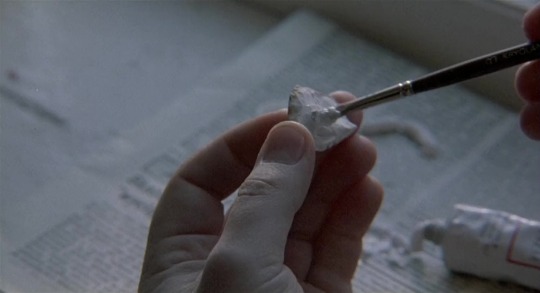

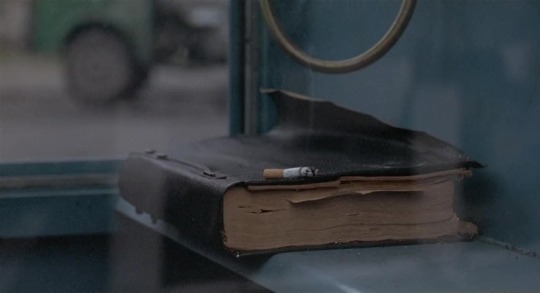


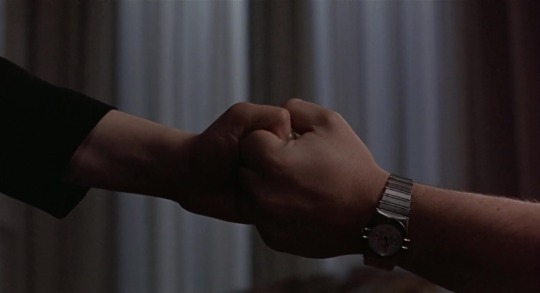
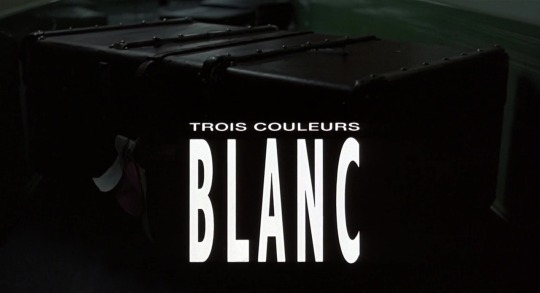
Trois Couleurs: Blanc (1994)
Directed by Krzysztof Kieslowski
Cinematography by Edward Klosinski
“That was a blank. The next one's real.”
#trois couleurs: blanc#three colors#white#1994#krzysztof kieslowski#edward klosinski#julie delpy#zbigniew zamachowski#janusz gajos#jerzy stuhr#cinema#movie#film#still#frame#movie stills#movie frames#cinematography#screencaps#cinemabreak
111 notes
·
View notes
Photo
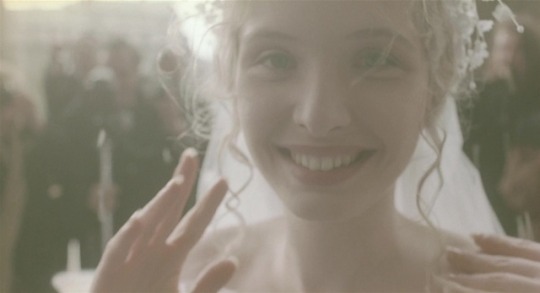

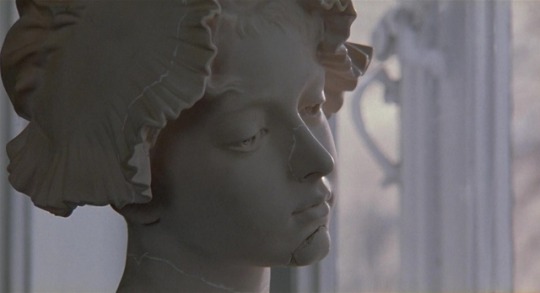


Trois couleurs: Blanc (1994) Krzysztof Kieslowski
#trois couleurs blanc#three colors white#krzysztof kieslowski#edward klosinski#film stills#cinematography
384 notes
·
View notes
Photo



“Do you love your husband?”
“I used to.”
Three Colors: White (1994) dop. Edward Klosinski
dir. Krzysztof Kieslowski
#three colors#white#1994#krzysztof kieslowski#edward klosinski#julie delpy#movie#film#cinematography#french#polish#still
186 notes
·
View notes
Text
Three Colours Trilogy
Three Colors trilogy (1993-1994)
Directed: Krzysztof Kieślowski
Language: French, Polish
Cast: Juliette Binoche, Benoit Regent(Blue)
Julie Delpy, Zbigniew Zamachowski, Janusz Gajos(White)
Irene Jacob, Jean Louis Trintignant, Jean Pierre Lorit (Red)
Music: Zbigniew Preisner
Cinematography: Slawomir Idziak, Edward Klosinski, Piotr Sobocinski

Before trilogy by Richard Linklater was my all time…
View On WordPress
0 notes
Photo
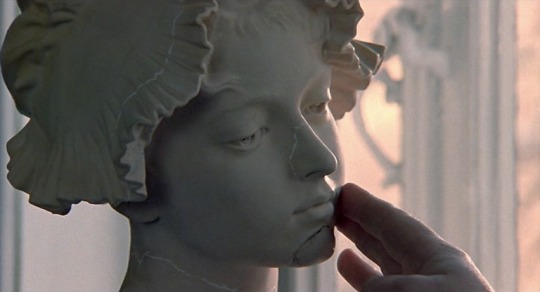
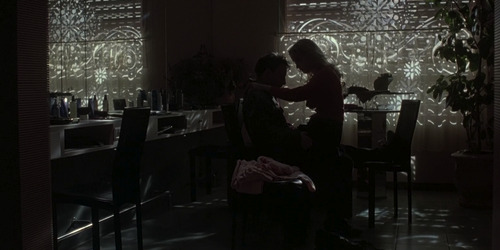




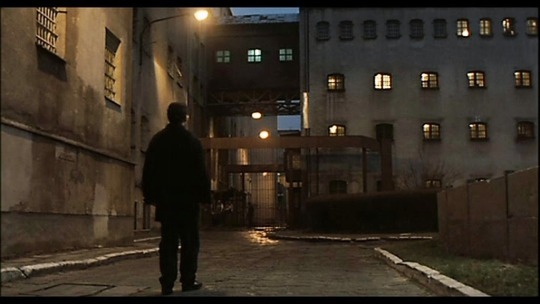

Three Colors: White
Director: Krzysztof Kieslowski
Cinematographer: Edward Klosinski
2 notes
·
View notes
Photo
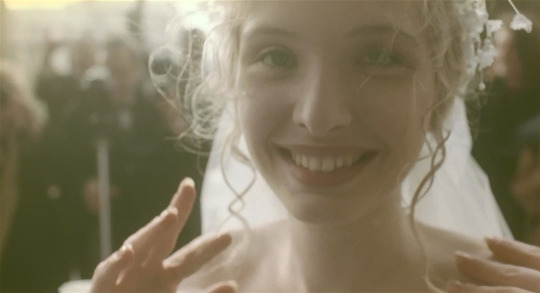
THREE COLORS: WHITE (1993)
Director of Photography: Edward Klosinski
Director: Krzysztof Kieslowski
#THREE COLORS: WHITE#1993#Edward Klosinski#Krzysztof Kieslowski#point of view#pov#close up#perfect shot#movie shots#movies#cinema#cinematic shots#cinematography#film photography#Shots i like#frame#кино
6 notes
·
View notes
Photo

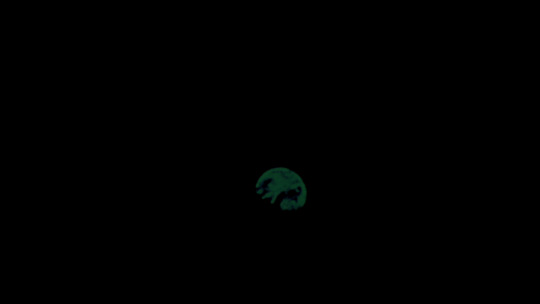
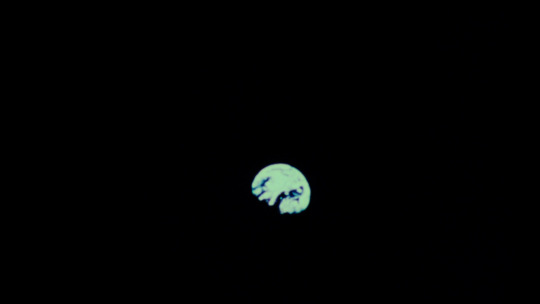

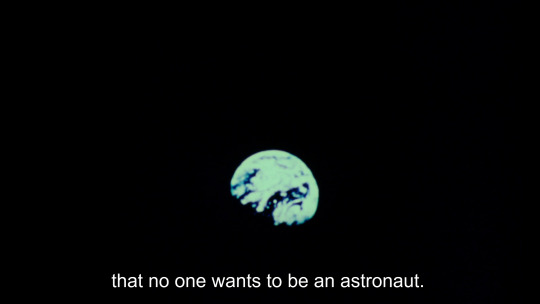

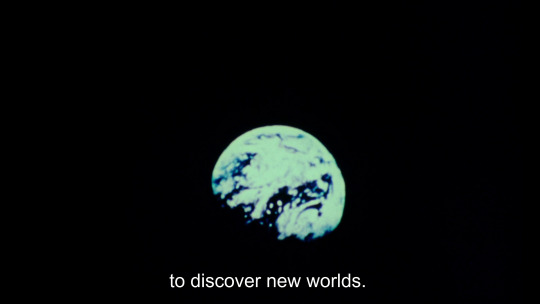

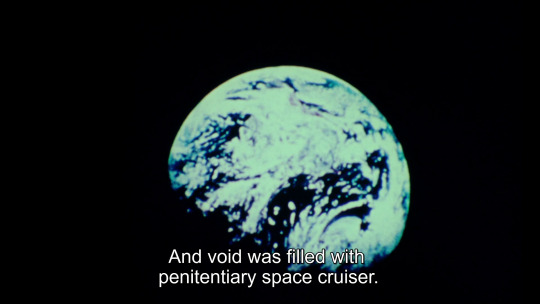

Ga-ga: Glory to the Heroes (Piotr Szulkin, 1986).
#ga-ga: glory to the heroes#piotr szulkin#ga ga - chwala bohaterom#edward klosinski#elzbieta kurkowska#halina dobrowolska
53 notes
·
View notes
Photo

Jean-Marc Barr and Barbara Sukowa in Europa (Lars von Trier, 1991)
Cast: Jean-Marc Barr, Barbara Sukowa, Udo Kier, Ernst-Hugo Järegård, Erik Mørk, Jørgen Reenberg, Henning Jensen, Eddie Constantine, Max von Sydow. Screenplay: Lars von Trier, Niels Vørsel. Cinematography: Henning Bendtsen, Edward Klosinski, Jean-Paul Meurisse. Production design: Henning Bahs, Andrzej Borecki. Film editing: Hervé Schneid. Music: Joachim Holbek.
We're accustomed to movies, usually blockbuster action films, in which the feats of filmmaking technology are more impressive than the narrative or characterization, but it's startling to find that kind of disjunction in a supposedly serious art-house film. That's what happens in Lars von Trier's Europa*, however. The film's visual tricks -- front and rear projection, double exposures, juxtapositions of black-and-white and color -- linger in the mind longer than any of the characters or the story. At base, Europa is a thriller, set in Germany in 1945, about an idealistic young American, Leopold Kessler (Jean-Marc Barr), whose German uncle (Ernst-Hugo Järegård) gets him a job as an apprentice conductor on the Zentropa railway line. Leo is an idealist and a pacifist (the film is rather vague about what he did during the war) who wants to help Germany recover, but this only makes him putty in the hands of various opportunists, from the American military to the railway owners to an underground group of die-hard Nazis known as "werewolves." Things grow more complicated for Leo when he falls in love with Katharina Hartmann (Barbara Sukowa), whose father, Max (Jørgen Reenberg), owns Zentropa and is undergoing scrutiny in the "denazification" efforts by the occupying Allied forces. This is standard, even promising, thriller material, and to a large extent von Trier and co-screenwriter Niels Vørsel deliver on its premises. There are moments of suspense and surprise -- especially the assassination of a newly appointed Jewish mayor by a young boy planted on the train by the werewolves -- that would do any thriller writer and director proud. And it has to be said that the general atmosphere of the film, a lingering sinister darkness and chill, is effectively produced. But the tarting up of the story with gimmicks takes me out of the narrative and into a concentration on the effects. For example, there's a scene in which Katharina, in monochrome, is standing behind Leo, who is in color, until she walks out of the frame and re-enters next to him, both now in color. Then Leo leaves the frame and re-enters, now in monochrome, behind her. I know how it's done -- rear projection and careful storyboarding -- but I remember the effect, and not anything that was said by the characters while the trick was taking place. Something of the same could be said about the frame in which von Trier sets his story: The film begins with a shot of railway tracks lighted by a moving train and the voice (Max von Sydow's calm baritone) of a man hypnotizing someone: "You will now listen to my voice. My voice will help you and guide you still deeper into Europa...." The voice recurs throughout the film until it's clear that the "you" is Leo. As for the "Europa" into which Leo is being guided, von Trier has explained that he had Franz Kafka's satirical fantasy Amerika in mind while making the film. The framing, I think, freights the story with more significance than anything that actually appears in the film. Von Trier has said that Europa is something like "Hitchcock in a Tarkovsky setting," which is nothing if not overreaching.
*Europa was released in the United States in 1992 under the title Zentropa to avoid confusion with Agnieszka Holland's Europa Europa, which had been released in 1991 in America. Von Trier also named his production company Zentropa, which is the name of the railway company in his film.
2 notes
·
View notes
